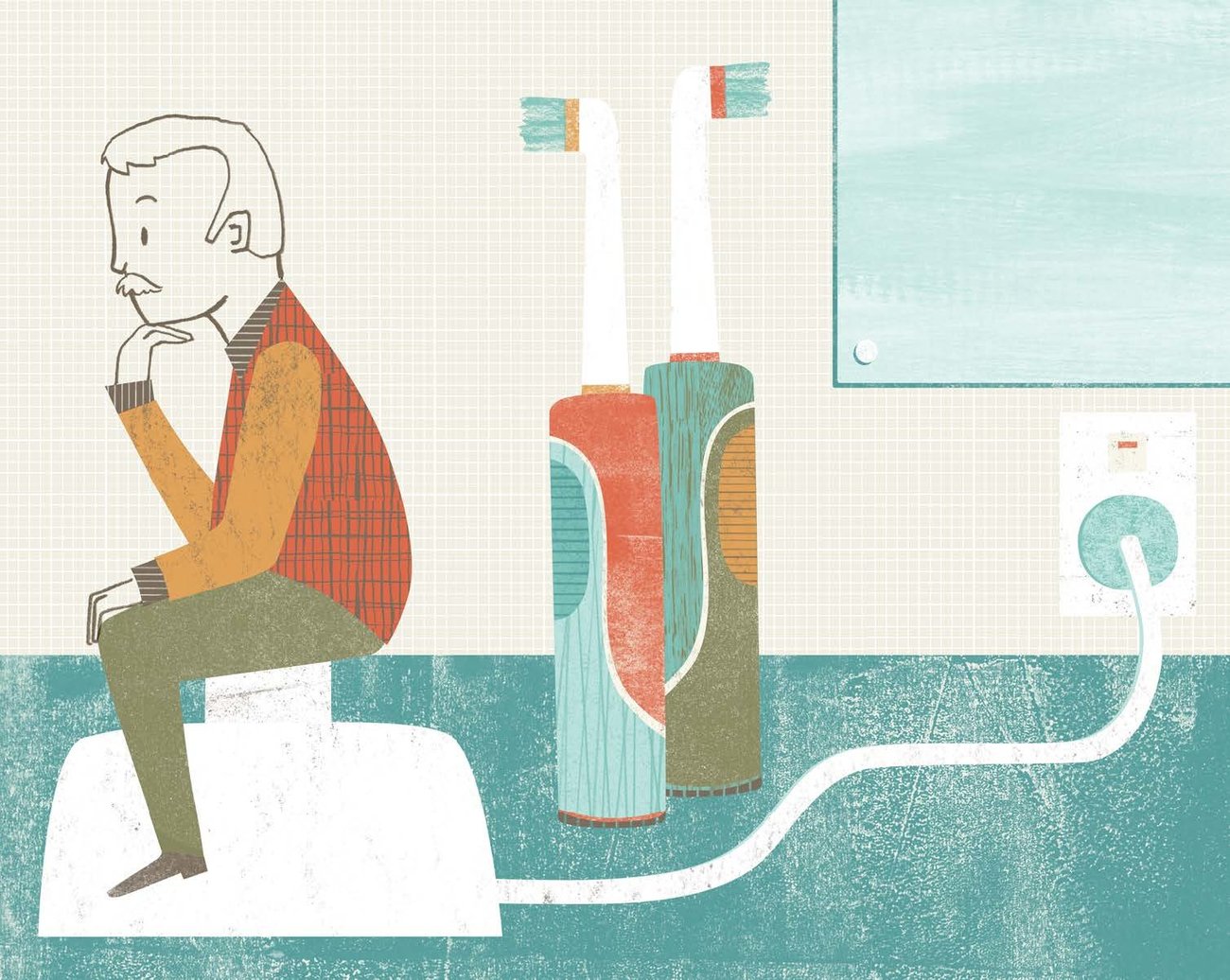Much ado about nothing: How doing nothing can be great for your bottom line

I sat down this week fully intent on writing a toe-jerking, thought-provoking column on something immensely intellectual. But then the cat commandeered my lap and I had to just sit, wishing either a book or a bottle was within grasp. It transpires that despite my affinity with sloths, I find it hard to do absolutely nothing.
The Italians have a phrase for this – il dolce far niente – the sweet art of doing nothing. And by nothing, I don’t mean practising mindfulness, eating cake or admiring Tom Selleck’s moustache on the internet. I mean sitting idle; doing nothing.
‘Ha!’ no doubt you are snorting. ‘An excellent excuse to do nothing all day at work.’ Whatevs, but unfortunately, actively not working is different to doing nothing at all. Doing nothing is, like, way harder – and ironically, has the potentially to actually help get stuff done.
Apparently scientists doing some Very Important Brain Research recently, inadvertently measured people’s brain activity when they were lying in one of those brain imaging tube thingys waiting for the real experiment to start.
And, according to The Wall Street Journal at least, they discovered that “when we do nothing, many parts of the brain that underpin complex kinds of thinking light up”.
Which may be what happened to Isaac Newton, who once said that he discovered the laws of gravity by doing nothing except thinking. Or it may be more to do with what psychoanalyst Christopher Bollas is talking about when he says “daydreaming provides the mental downtime necessary for us to be able to focus again”.
According to Bollas, when we sit and do nothing, our mind is refreshing itself, rather like when we sleep. Which obviously gives one an excellent reason to start staring out of windows when at work. It’s good for the brain.
Another good example comes from Dr Samuel Johnson, who so enjoyed a spot of doing nothing that he wrote a column called “The Idler”. At the same time he also cobbled together the first dictionary of the English language. This is some pretty hot work, and no doubt you’re hugging yourself with joy to learn that achievement and idleness go together like gin and tonic.
The rub is that while doing nothing may be good for us, most of us actually find it really hard – and unenjoyable.
Psychologist Tim Wilson of the University of Virginia and his colleagues put college students in a plain room and told them to do nothing but think for 15 minutes. Most said they didn’t like it; 50% said they actively hated the experience.
In fact, when put back in the plain room and given the choice between sitting and thinking, or playing around with a handy electric shock machine and giving themselves a mild electric shock, 67% of the men and 25% of the women chose the electric shock. So why is doing nothing so hard? I suspect part of the reason is that we generally equate doing with achieving. Idle hands are the devil’s work and all that. There is something shameful about doing nothing when you could be doing something.
What we don’t realise is sitting and thinking can lead us not into temptation but to deep and profound thoughts, clearing out the brain and generally recharging like an electric toothbrush. As the WSJ said, “Newton and neuroscience suggest just thinking can be very valuable”.
So, sit down all you entrepreneurs, innovators – and just plain workers – out there, and dismiss any fears that doing nothing is a whole lot of hippy nonsense that means you’re halfway down the path to singing Kum ba yah while holding hands with strangers. Instead, allow yourself the luxury of relaxing and getting to know your inner sloth. Because it’s good for your head, and so it’s good for business.
Go on, get your idle on. It’s time for much ado about nothing.




